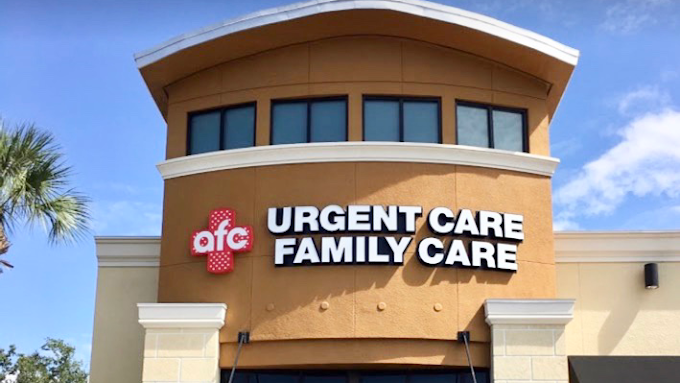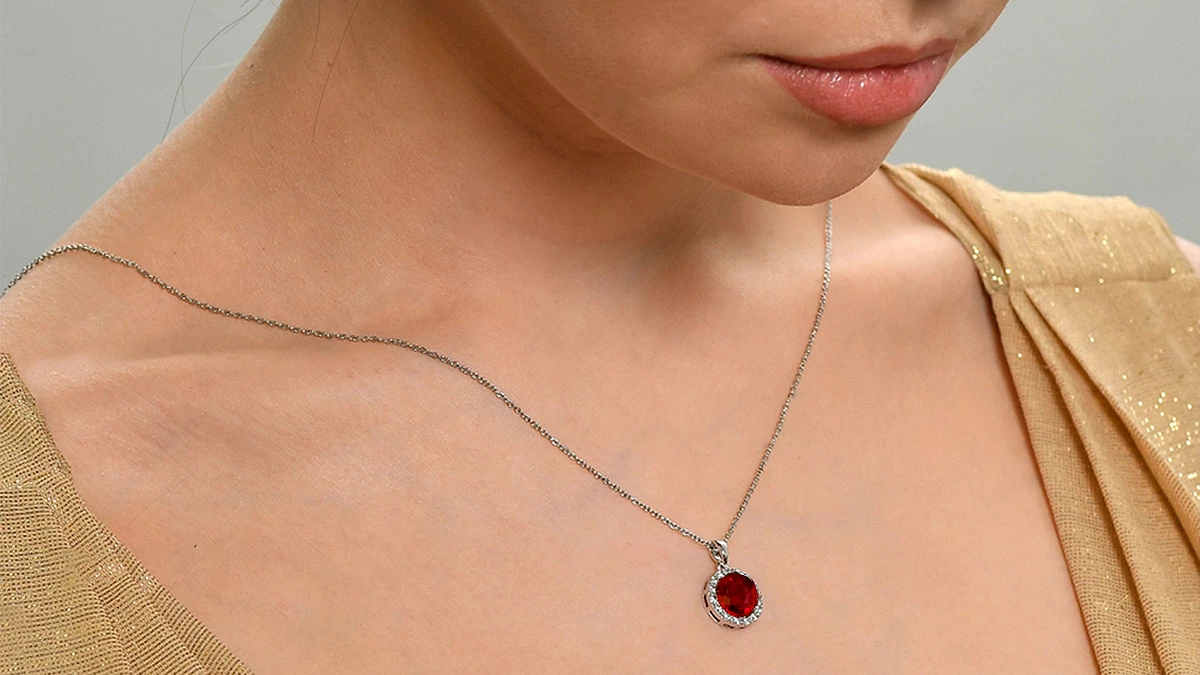A friend phoned me from Paris after a particularly dystopian morning in April. She had walked almost two miles east to venture into Bois de Vincennes and, as she approached the sprawling park, a drone buzzed overhead. “Go home,” was its strange disembodied order. My friend, an interpreter by profession, ran all the way there.
The coronavirus crisis has stolen much of normal life this year. France curbed its social ways with a stern lockdown to try to tame the killer virus. In a matter of months and in time to salvage some summer holidays, the country found a better way than did many others to rise above the dread.
In the early days, personal travel was restricted to less than a mile and then only for essential needs—which is how my friend got in trouble. Travel limits eased as infections noticeably fell and when most citizens seemed to comprehend COVID-19 as a resilient foe.
France is far from perfect, of course. More than 30,000 people have died so far—the seventh highest rate in the world—and there have been some frightful upticks of infection as holiday-goers head to the beach. The government has warned that it is on guard for signs of a resurgence, and international monitors say it will be a matter of when, not if, the pandemic flares up again.
In mid-July, as outbreaks in the south and northwest of France cropped up, mandatory masking was expanded. Anyone entering a shop in any part of the country is required to keep covered, from nose to chin, and scofflaws can be fined 135 euros (about 150 dollars). Jean-François Delfraissy, the French government’s top scientific adviser, pointed to the new clusters of contagion and urged people to play their part—with renewed efforts at social distancing—in controlling the virus.
Still, France—and notably Paris, a pillar of the country’s tourism economy—came through its first bout of coronavirus visibly confident. Galleries are open, bike paths are bustling, and restaurants are keeping customers socially distanced—but very much social.
To outsiders like myself, a Londoner who jumped on a Eurostar train as soon as French authorities stopped tracking cross-border visitors, Paris seems startlingly free of the confusion and political fury rocketing about the United States or even Britain over the virus.
The city has sprouted hand sanitizers at bus and metro stops. Street placards encourage hand washing. Masks are required—and more importantly worn—by every person who enters a subway station. Bartenders wear masks, as do waiters and chefs. There are incidents of overcrowding on weekends but acts of belligerence are rare.
How France responded
The French faced a surge of coronavirus-related deaths in winter, and President Emmanuel Macron ordered a strict lockdown in mid-March. Businesses clamped shut, and residents, whenever they left home, had to carry a written document explaining why they were risking any trip outdoors. Police stopped millions of people on lockdown checks and issued about 915,000 fines in the first month, the government reported.
Daily walks were restricted to one kilometer from home, slightly more than half a mile. One Parisian recounted that she was so frightened by the virus that she rationed her food intake from March to May. She left her small apartment just three times, only for supermarket runs.
Infections in France peaked two weeks into lockdown. In the last week of May, the government decreed that schools, cafés, and restaurants could re-open but with caution. Hygiene and, most importantly, hand washing had to be a priority. Public transport geared up but anyone who wanted to ride a bus or subway train had to wear a mask for the entire journey. Passengers found half the seats marked out of bounds to help enforce social distancing.
By June, parks and gardens were freed. People were able to take buses and trains across the country and even board the Eurostar. Coming from London, my first travel since February, I was nervous and, yes, hyper vigilant. I carried a backpack stocked with antiseptic wipes and promptly washed down my seat, my tray table, and even the empty seat next to me. Eurostar too provided some extra peace-of-mind. Every 35 minutes, staff walked the train cars, briskly and politely reminding travelers to keep their masks on.
Strollers pass by the Eiffel Tower on July 26, 2020. France’s strict lockdown this spring helped it salvage some summer holidays, but the country is on guard for a resurgence of virus infection.
Photograph by Christophe Ena, Associated Press
But France also realizes the coronavirus danger has not passed. It may have dodged the death rate of Europe’s worst-hit country, Italy, where towns north of Milan were ravaged, but Paris’s now-sedate streets, including some near attractions like the Eiffel Tower, signal that these are no ordinary times.
Museums are open but both the Louvre and Musée d’Orsay, reliable tourist draws, are among those that have restricted their viewings. Anyone over the age of 11 must wear a mask and visits are timed. That means fewer visitors (good for those able to gaze at “Mona Lisa” with dozens rather than thousands of onlookers and likely very bad for the galleries’ revenue watchers) but a happy time for Parisians to enjoy national treasures in relative solitude.
More practical than heroic
James McAuley, a journalist in Paris and author of The House of Fragile Things (a history of Jewish art collectors through World War II to be published next year), laughed slightly when I asked if some tradition or generational narrative played a role in compelling French compliance. “There are all these comparisons to World War II but what, really, were we asked to do?” he said. “Stay at home, eat good food, and watch television. It wasn’t exactly our finest hour.”
“I’m not sure the war had anything to with it, or just that this was a society with a functioning public health system and competent leadership,” he said. “Eventually they had a clear message that spread and communicated well.” And to be sure, he added, “People don’t think they beat Covid. It is on people’s minds, and that it could come hurtling back. But there is a sense that lockdown—no matter how inconvenient it was for so many—was a success.”
One day in July, my friends and I decided to take in the eye-popping Christian Louboutin L’Exhibition(iste), a major retrospective of the shoe designer. We paid online, and on the morning of our visit, we packed masks and hand sanitizers and hopped on bikes to pedal toward the Palais de la Porte Dorée, an art deco wonder with vast airy gallery space. Guards quickly checked our masks and ticket times before waving us in.
It’s worth noting that getting there was part of the pleasure of the day: It turns out that Paris used its lockdown to turn the “city of lights” into a city of cyclists. Our urban path was largely protected from traffic and the trail followed the Seine for miles. One of the most walkable cities in the world had conjured up a breezier way to have fun and see its sites.
No easy fixes
What’s not fun is how coronavirus has changed travel for most Americans. Infections in the United States have skyrocketed with more than 4 million confirmed cases and nearly 150,000 deaths. European countries, keen to safeguard their citizenry and health systems, have largely banned American tourists, some of their most eager visitors and reliable big spenders.
The European Commission drew up a list, recommending restrictions based on a nation’s infection rate, beginning in July. France will allow travelers flying from the United States only if their travel is deemed essential and they have supporting documentation.
Restaurateur Moko Hirayama, who with husband Omar Koreitam owns the inventive and popular Mokonuts café in the 11th arrondissement, feels the loss sharply. The couple, who met in New York years ago, always found a steady stream of American foodies vying for reservations in their tiny eatery. Now they rely on locals, who are working from home and hungry for a toothsome break.
“For us, what hurts is the lack of tourists. Sixty to 70 percent of our business was from tourists. And a lot of Americans,” she said. “Knock on wood, we are still filling the room. So we are very fortunate.”
To accommodate government advice on social distancing, she has halved her seating and keeps the restaurant door wide open. She took over a patch of sidewalk and added three tables. Customers often arrive wearing masks. She wears one too. She believes that small changes—and if people see something good in them—helped Paris to recapture its café life.
“A lot of these things have become second nature. Handwashing. We don’t circulate menus. And after we use the keypad for paying, we use hand sanitizer. The masks? It’s not easy. And it’s hot. But we’ve been open for a month, and I’m pretty comfortable.”
“What’s happening in America is a bit sad. It breaks my heart,” she said when asked about how countries answered the coronavirus threat. “I tend to talk to Americans about it. I don’t think French people really care. But it’s hard to watch.”
Christine Spolar is based in London and has been a writer and editor for several publications, including the
New York Times, the
Washington Post, Kaiser Health News, and the
Financial Times. Follow her on
Twitter.




